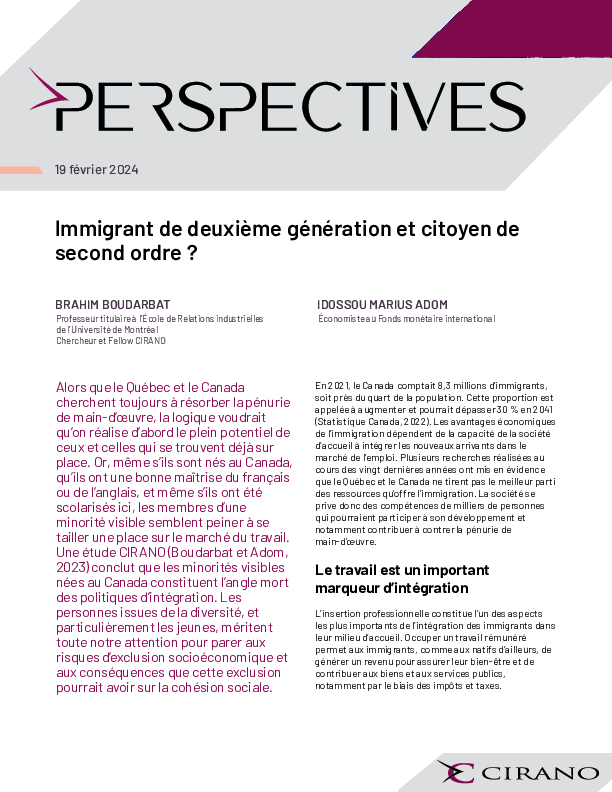Bank Leverage Shocks and the Macroeconomy: a New Look in a Data-Rich Environment
The recent crisis has revealed the potentially dramatic consequences of allowing the build-up of an overstretched leverage of the financial system, and prompted proposals by bank supervisors to significantly tighten bank capital requirements as part of the new Basel 3 regulations. Although these proposals have been fiercely debated ever since, the empirical question of the macroeconomic consequences of shocks to banks' leverage, be they policy induced or not, remains still largely unsettled. In this paper, we aim to overcome some longstanding identification issues hampering such assessments and propose a new approach based on a data-rich environment at both the micro (bank) level and the macro level, using a combination of bank panel regressions and macroeconomic factor models. We first identify bank leverage shocks at the micro level and aggregate them to an economy-wide measure. We then compute impulse responses of a large array of macroeconomic indicators to our aggregate bank leverage shock, using the new methodology developed by Ng and Stevanovic (2012). We find significant and robust evidence of a contractionary impact of an unexpected shock reducing the leverage of large banks.
[ - ]




